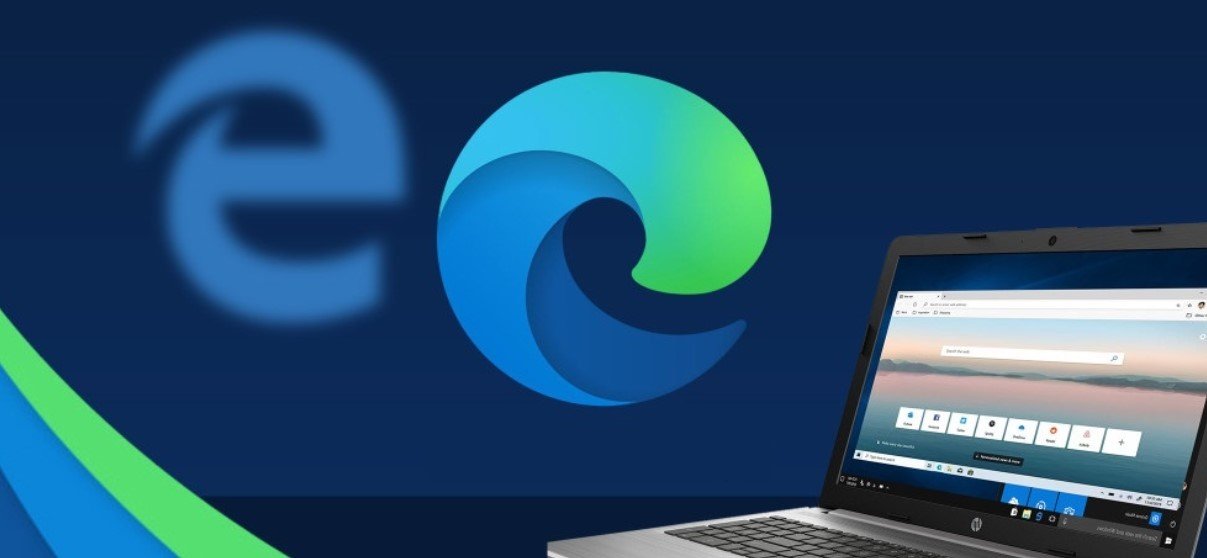Microsoft has released a new update for its Edge browser, fixing an issue where Edge was stealing data from other browsers like Chrome and Firefox without user consent. This has been a concern for users lately, as data such as favourites, browsing history, and open tabs were automatically imported from rival browsers without asking for permission first.
Edge’s import data feature was not syncing correctly
The latest update for Microsoft Edge (version 121.0.2277.128) includes a fix for a bug where Edge’s import data feature was not syncing correctly across multiple devices. The release notes state that “this feature’s state might not have been syncing and displaying correctly across multiple devices. This is now fixed.”
Despite numerous complaints of this issue, Microsoft has not acknowledged or explained the problem until now. The company has refused repeated requests for comment on why Edge was accessing and importing rival browser data without consent. Some experts have accused Microsoft of using spyware-like tactics to promote its browser.

Microsoft faces antitrust scrutiny in Europe over Edge promotion
The update suggests that the browser was not correctly syncing user consent preferences for importing data across different devices. However, Microsoft has not admitted to or apologised for the non-consensual data slurping.
The mandatory update is rolling out automatically to Edge browsers. Users can manually update to the latest version by going to “About Microsoft Edge” in the menu.
This latest data theft issue is reminiscent of Microsoft’s long history of using controversial methods to boost Edge adoption, which has drawn antitrust scrutiny in Europe. The company has been fined billions of euros for abusing its dominant position in the past, such as bundling Internet Explorer with Windows and blocking rival browsers.
Microsoft tests changes in Windows 11 to allow users to choose their default browser
Microsoft is also starting to test changes in Windows 11 that will allow users in the European Economic Area (EEA) to open links in their default web browser instead of being forced to use Edge. The changes come after Microsoft was directed to stop directing Windows 11 users in Europe into Edge.
The company’s decision to promote Edge as the default browser has been frustrating for many users, leading some to develop workarounds. The changes have raised questions as to why they are limited to European users and not implemented globally.
Microsoft Edge is the second most popular web browser in the world, behind Google Chrome, according to StatCounter. The browser has been praised for its performance, features, and security, but also criticised for its aggressive marketing and privacy issues.



































